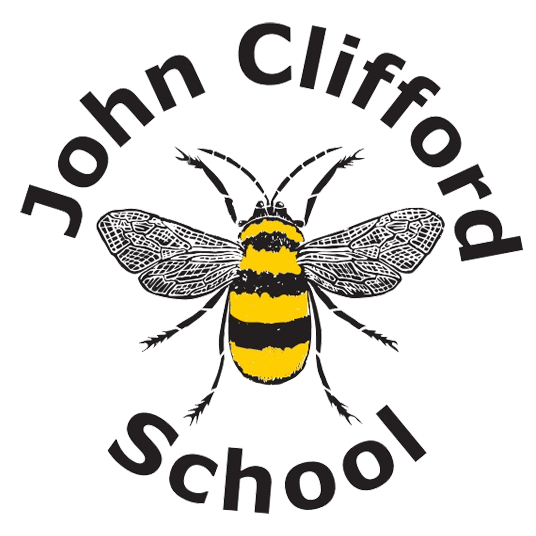Pupil Premium & Recovery Premium
What is Pupil Premium?
The Pupil Premium is funding allocated to schools for the specific purpose of boosting the attainment of pupils from low-income families. Funding is based on children who are registered for Free School Meals (FSM) or have been registered for FSM within the last 6 years, and children that have been Looked After by the Local Authority for more than six months.
Why has it been introduced?
The Government believes that the Pupil Premium, which is additional to main school funding, is the best way to address the current underlying inequalities between children eligible for Free School Meals (FSM) and their wealthier peers by ensuring that funding to tackle disadvantage reaches the pupils who need it most. Schools are free to allocate the money to the initiatives they feel will best ensure their pupils reach their full potential, both academically and socially.
Pupils in receipt of Pupil Premium funding have their attainment monitored every half term to ensure they are making sufficient progress and that the interventions delivered by the teachers and teaching assistants are resulting in accelerated progress.
For a more detailed overview of our policy and procedures for the use of Pupil Premium funding please download our Pupil Premium Strategy.
All infant children now receive Universal Infant Free School Meals but if think your child may be eligible for Pupil Premium funding because of your family’s income level please contact the school office, (in confidence), to discuss registering and follow the instruction at the bottom of this page. The Pupil Premium funding that will be used to support them achieving their full potential.
Pupil Premium Plus
for Adopted Children and Looked After Children
If your child was looked after by a Local Authority before being adopted by you, then they are entitled to Pupil Premium Plus funding. Please inform us if this applies to you so we can ensure we access this vital additional funding to support your child.
School applies for Pupil Premium Plus Funding for all children who are currently Looked After by a Local Authority.
Are you eligible for Pupil Premium?
You can register for Pupil Premium funding by following the instructions:-
- Visit Nottinghamshire County Council's Free School Meals and Milk webpage:
https://www.nottinghamshire.gov.uk/education/school-meals/free-school-meals-and-milk - Scroll down the page and click on ‘register here and apply now’. This will take you to the citizens portal.
- Register and follow the instructions to apply for free school meals and milk.
Pupil Premium Strategy
Please see our latest Pupil Premium Strategy published below


